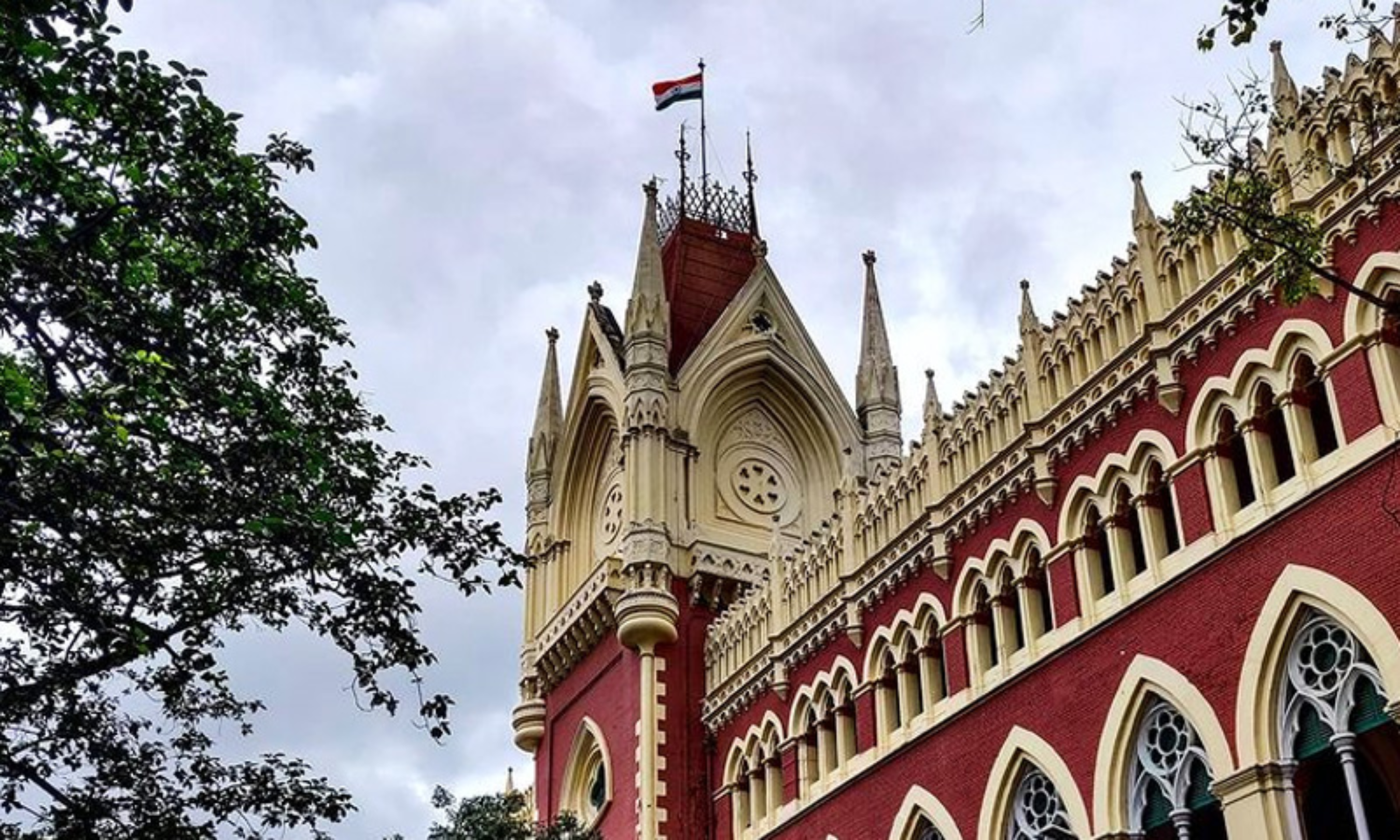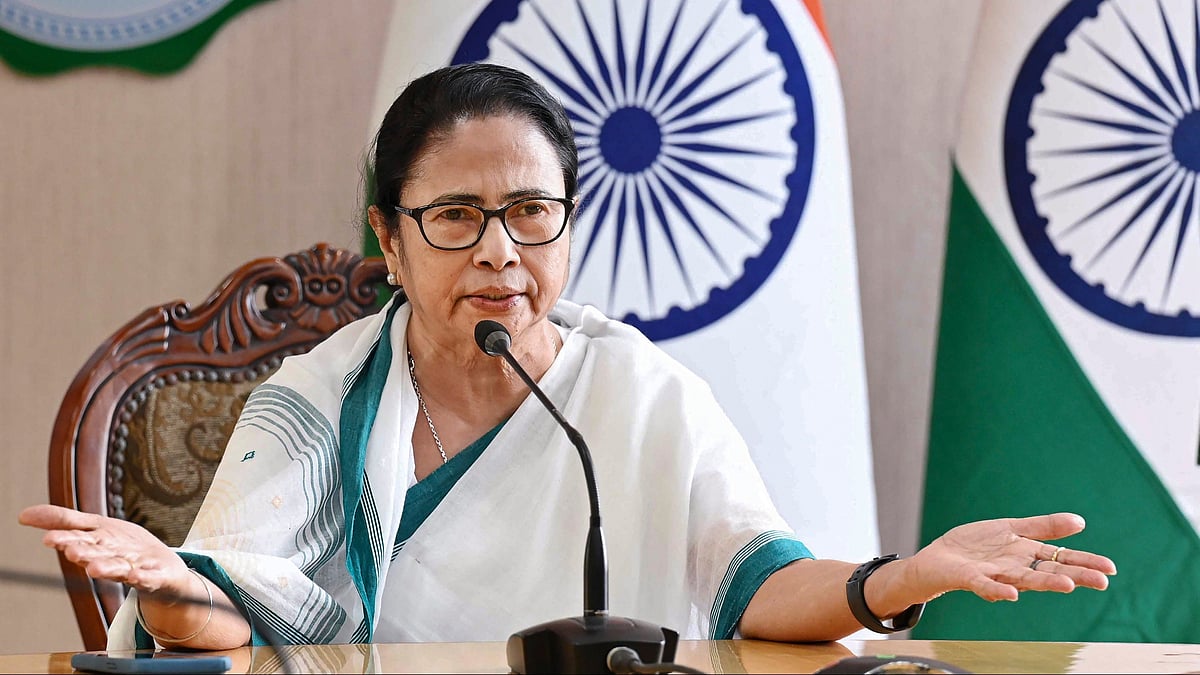The court’s order came during the hearing of two habeas corpus petitions that claimed the illegal detention of certain individuals from West Bengal. These individuals are reportedly involved in deportation cases that have already been taken up before the Delhi High Court.
The division bench, led by Justice Tapabrata Chakraborty, directed the Centre to submit an affidavit containing all relevant documents and records regarding the matter. The petitioners’ claim was that they had already been deported under the orders of the Foreigners Regional Registration Officer (FRRO). The petitioners had reportedly filed fresh petitions in the Delhi High Court challenging the FRRO orders after their original habeas corpus application was withdrawn there.
While the Centre’s Additional Solicitor General, Asok Kumar Chakrabarti, informed the court of these facts, he also expressed dissatisfaction over the suppression of these details in the habeas corpus petitions filed in the Calcutta High Court. He urged that the petitions be dismissed on the grounds that relevant facts had not been disclosed to the court.
In light of the situation, the Calcutta High Court expressed its displeasure at the petitioners’ omission of critical details. The court asked the Centre to file an affidavit with all relevant records by July 28. The petitioners have been given time until August 4 to file a reply, and the case will be taken up for further hearing on August 6.
Additionally, the court verbally instructed the Union government’s lawyer to look into whether there is any truth to the allegations that Bengali-speaking individuals were being questioned about their nationality in various parts of the country. This concern was raised by the West Bengal government’s counsel, but the court did not issue a formal order on this matter at this stage.
The case has garnered attention due to its broader implications, including concerns over the treatment of Bengali-speaking individuals across India and the ongoing debates about citizenship and nationality in the context of the country’s internal immigration policies.








